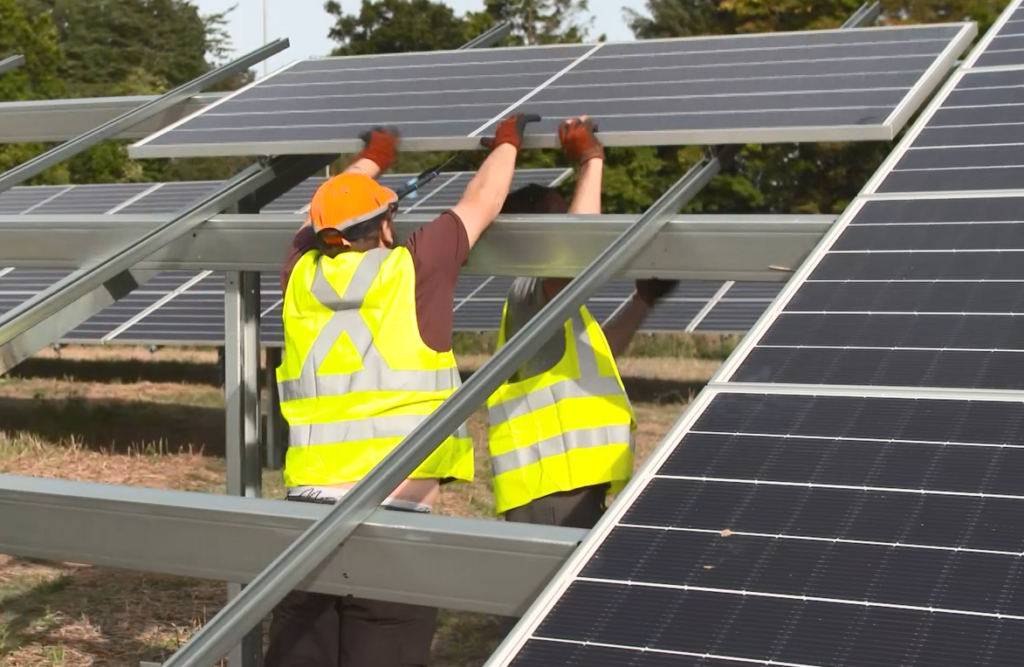A team specialising in the care of seriously injured patients has received international accreditation for its work.
Hull University Teaching Hospitals NHS Trust has been awarded ‘Collaborative’ status from the Chest Wall Injury Society (CWIS) for its often life-saving work with patients with rib fractures and other chest injuries.
Hull is one of just 26 specialist Major Trauma Centres across England, with patients arriving into Hull Royal Infirmary, often by helicopter, from as far afield as North Yorkshire, Lincolnshire and the Midlands.
Following receipt of urgent care on arrival, patients with rib fractures would normally go on to be cared for in either HRI’s Major Trauma Centre, ward H40, or in the cardiothoracic surgical ward, C27, at Castle Hill Hospital. Patients may also be admitted to intensive care or to one of the trust’s general medical wards, according to their needs.
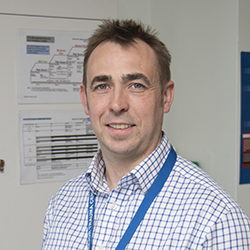
Dr Tom Cowlam, Major Trauma Centre Clinical Lead
The accolade from the CWIS is a reflection of the quality of care provided by the multi-disciplinary team, and serves as great reassurance for patients affected by such injuries.
Dr Tom Cowlam, Consultant Intensivist who has led the Major Trauma Team since 2014 says:
“We’re so pleased to have been named as a Chest Wall Injury Society Collaborative Centre. This accreditation is an outward reflection of the excellent work going on in our trust to support the care of patients with rib fractures and other chest trauma.
“Chest wall injuries are usually sustained as a result of moderate or major trauma, so something like a fall or a crush injury. In cases like this, patients can be at risk of pain which could compromise their breathing, and in turn, could lead to further complications such as pneumonia.
“In designating us a ‘Collaborative Centre’, the CWIS has assessed different elements of the service we provide including patient care, research, education and team-working, and assured itself about the quality of our service.
“Our work, and our achievement, is very much a team effort, and I’m really proud of everyone whose work and whose dedication to our patients has made this possible.”
The team wishes to acknowledge the support of the following people in particular:
- Dr Tom Cowlam, Major Trauma Centre Clinical Lead
- Mr Michael Cowen, Consultant Thoracic Surgeon
- Mr Michael Gooseman, Consultant Thoracic Surgeon
- Dr Ananth Ananthasayanam, Surgical Division Medical Director
- Kerry Bulliment, Cardiothoracic Ward Sister
- Lorraine Laws, Major Trauma Centre Business Manager


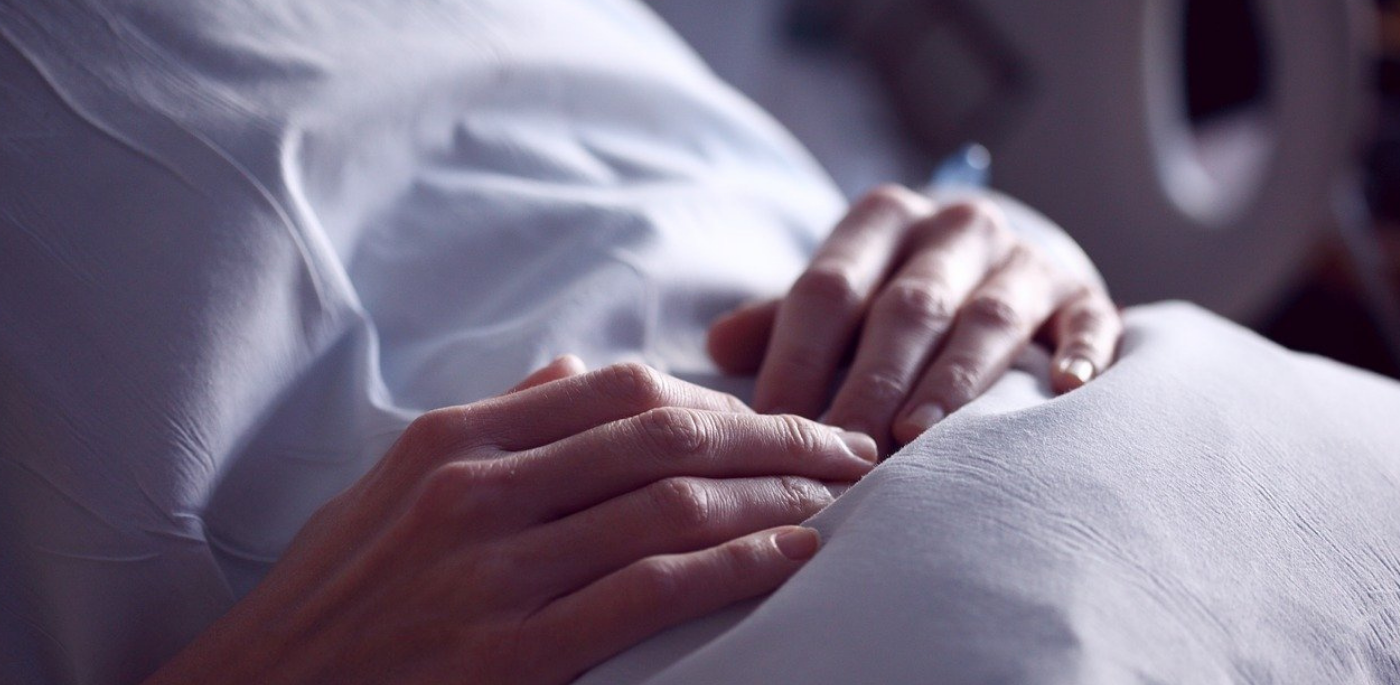
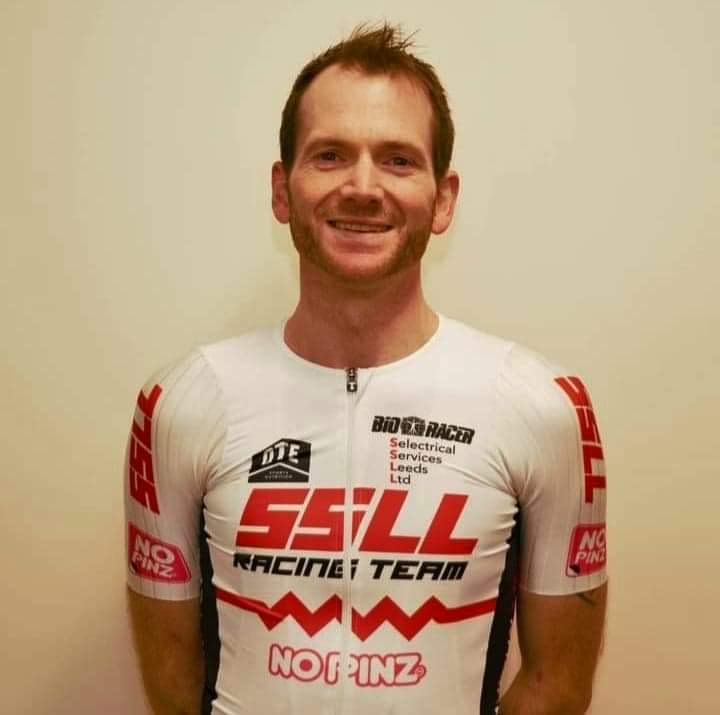
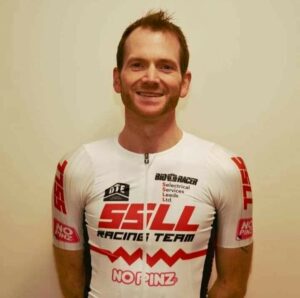 Joel Wainman, who has worked at Hull University Teaching Hospitals since 1990 and is known throughout Hull Royal Infirmary as a stalwart of the Post Room, was diagnosed with the life-limiting condition earlier this year.
Joel Wainman, who has worked at Hull University Teaching Hospitals since 1990 and is known throughout Hull Royal Infirmary as a stalwart of the Post Room, was diagnosed with the life-limiting condition earlier this year.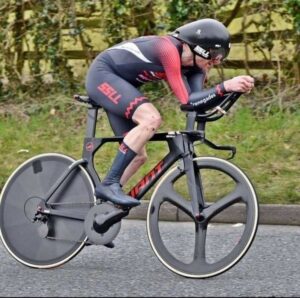
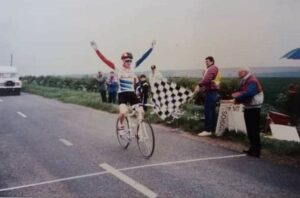 The longest route takes in the best and hardest climbs in the Yorkshire Wolds including the infamous Hanging Grimston and Acklam which test even the most seasoned cyclist.
The longest route takes in the best and hardest climbs in the Yorkshire Wolds including the infamous Hanging Grimston and Acklam which test even the most seasoned cyclist.
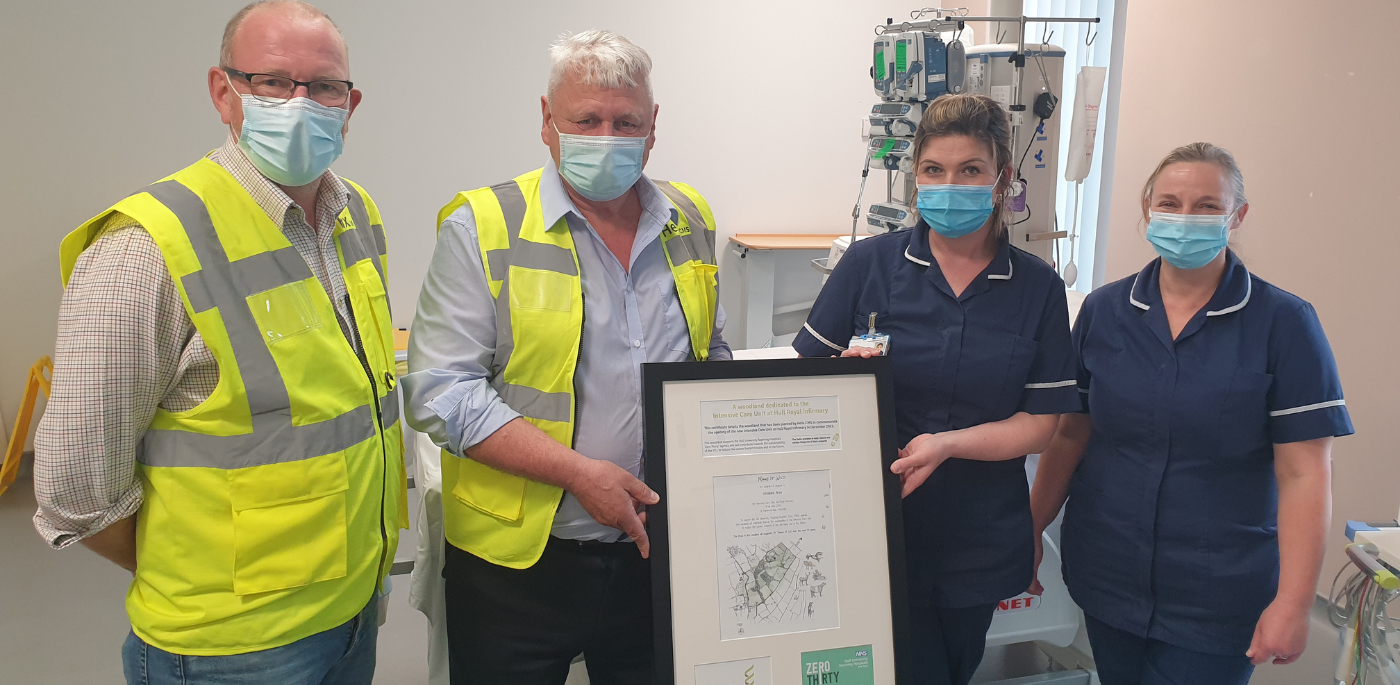
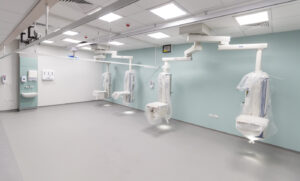
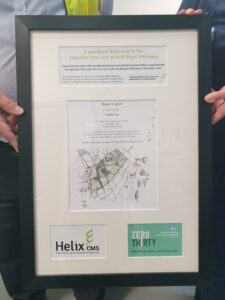
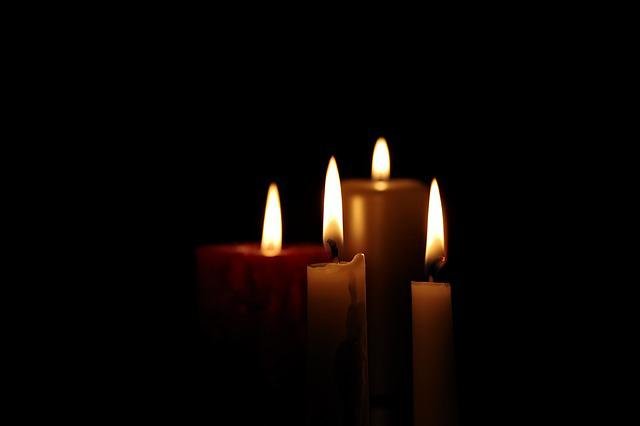
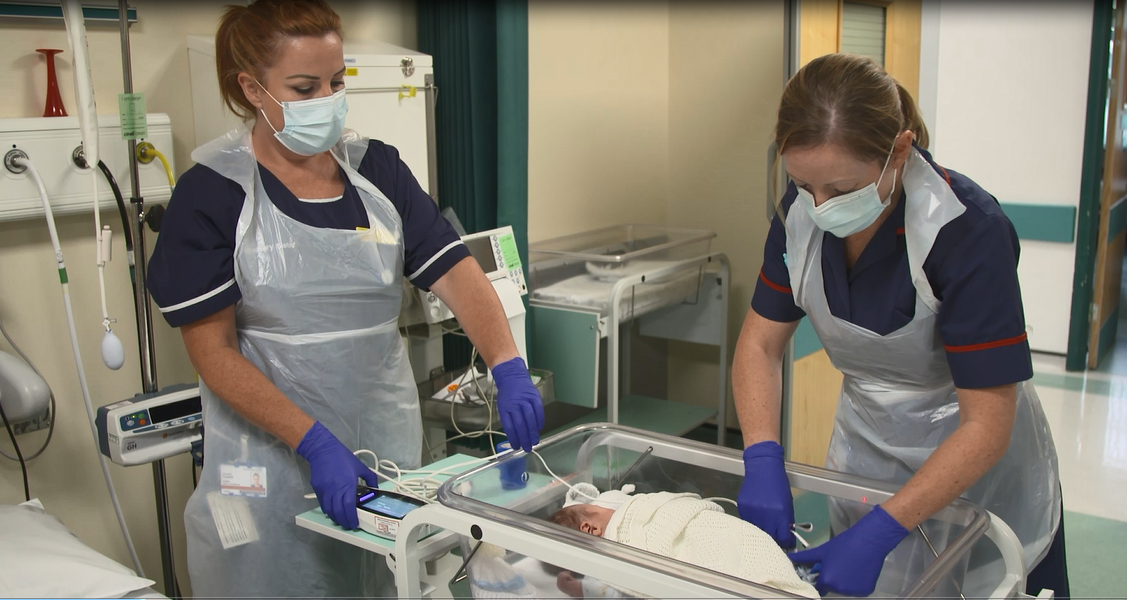

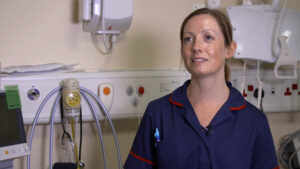
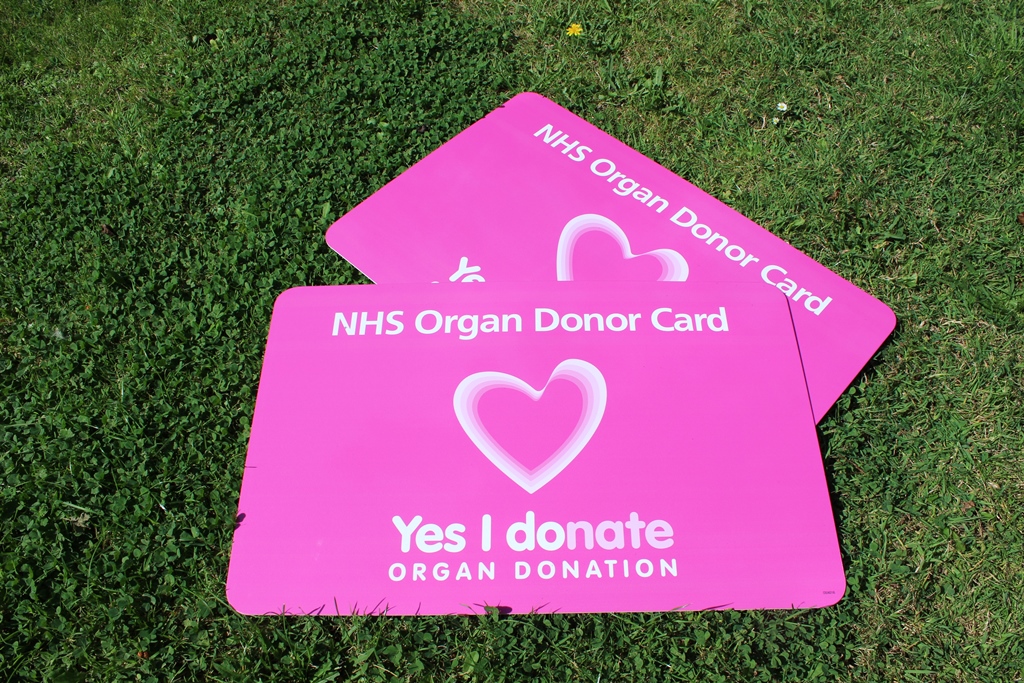

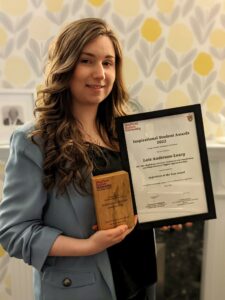 Lois joined the trust on a level 2 Clinical Support Apprenticeship programme, specialising in GI Physiology, in September 2016 and went on to undertake a degree apprenticeship, studying a BSC HON Healthcare Science in Cardiovascular Respiratory and Sleep Sciences.
Lois joined the trust on a level 2 Clinical Support Apprenticeship programme, specialising in GI Physiology, in September 2016 and went on to undertake a degree apprenticeship, studying a BSC HON Healthcare Science in Cardiovascular Respiratory and Sleep Sciences.

